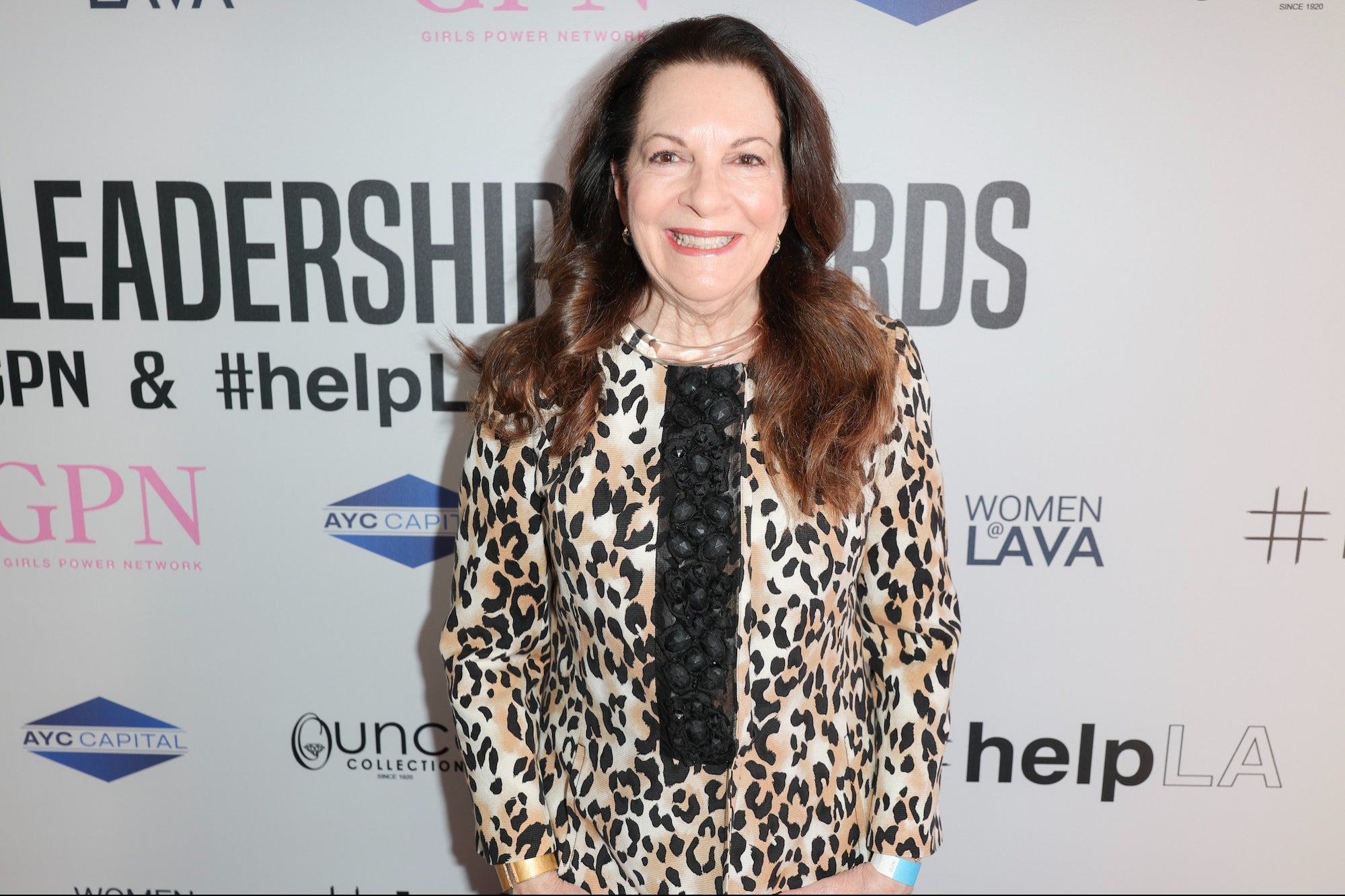Vivida founder David Harris-Burland
For many of the world’s most iconic brands, it is the popularity of their products that generates a following and creates a strong sense of community around the brand. Think Nike and Apple.
When entrepreneur David Harris-Burland launched his eco-conscious sportswear and accessories company Vivida Lifestyle, it was to a global community of followers that he’d spent several years building. Nevertheless, it took all of his determination, enthusiasm and powers of persuasion to turn what started as a purely passion-driven project into the business it is today.
It was 2015 and Harris-Burland had just finished university, which had included a year of study at a Paris business school and time spent working as a stockbroker. With no immediate career plans, the self-confessed water sports fanatic decided to take a gap year, travel the world, and indulge in his passion for surfing, kiteboarding and connecting with nature.
“On my travels, I met a lot of surfers and kiteboarders, people from all walks of life, who shared the same passions,” he says. “Very quickly, small hubs of communities began to evolve, all embracing the philosophy of living life to the fullest, doing what you love; the essence of what Vivida is all about.”
Harris-Burland had some T-shirts printed – his first sustainable products – for Vivida’s growing army of brand ambassadors and followers. However, at that stage, it was still a passion project and not part of any commercial master plan.
Then suddenly, it was 2018, and Harris-Burland’s family and friends were concerned that instead of focusing on his career, he was still enjoying his ‘hippy adventure.’ “That’s when I realized I needed to find a way to commercialize this concept and turn it into a business from which I could make a living,” he says.
Living life to the full
The strength of the Vivida following provided what every startup owner dreams of, a ready-made customer base. Harris-Burland began the task of sourcing the most sustainable water sportswear suppliers but quickly discovered that turning his passion into a profitable business would not be easy. In 2020 his plans for a sustainable sportswear range, which included wetsuits, changing robes, swim shorts and poncho towels, quickly ran into two significant headwinds; Brexit and Covid.
“Brexit was tough because 40% of our customer base was in Europe and a large part of our community,” says Harris-Burland. “We tried to ease the post-Brexit export challenges by setting up an EU fulfillment operation in the Netherlands, investing around £200,000, alongside our U.K. warehouse in Kent.”
Their problems were compounded further that year when the pandemic struck, plaguing the company with more shipping problems, delays in manufacturing and cargo stranded on ships, which had a considerable impact on costs.
“The freight costs quadrupled within six months and have continued to rise,” says Harris-Burland. “Our suppliers are based in China, Taiwan and Portugal, and while we focus more on our European base, some of the best sustainable neoprene suppliers are based in Taiwan. They are the leaders in the sustainability technology behind our products.”
The business has been funded through various channels, including two investment raises in 2019 and 2021. A third angel investment round has just been launched. It has also relied on various loan schemes, including the U.K. government’s Coronavirus Bounce Back loan scheme and private loans from friends and family.
A lack of working capital was another obstacle to fulfilling the business’s potential. Funding from revenue-finance provider Clearco, which provides companies with capital in exchange for a percentage of their future revenue, helped to plug the gaps.
If there was an upside to the pandemic, it was the surge in ecommerce that proved to be a lifeline to so many online businesses. “As lockdowns were eased, outdoor activities such as wild swimming, kitesurfing and paddle boarding took off,” says Harris-Burland. “People needed a way of getting changed when they came out of the water, which was great for us. Pre-orders, both from B2B and individual customers, also helped to ease cash flow.”
Vivida Lifestyle has successfully transitioned from a passion project to a D2C sustainable activewear outdoor apparel brand without losing sight of its roots; that connection to nature and a sense of freedom and life well lived. It has a team of six full-time staff, plus an extensive and expanding network of freelance partners in marketing, product design, and content contributors.
Ultimately, Harris-Burland’s vision for Vivida Lifestyle is for a commercial offering even more closely aligned with wellbeing and connection. His ideas include Vivida Adventures, a biannual crossing of the Atlantic Ocean on a kiteboard, and Vivida Villages, complete with eco-lodges and holistic wellness centers.
He admits that the journey has been an enormous learning curve. “I’m very much a yes man; I hate saying no to new and exciting ideas, but recognizing that sometimes in business you have to say no has been a tough lesson to learn,” he says. “I’m also fortunate in having some amazing people around me to learn from, including Neil Craggs, an angel investor who first told me that I needed to raise some money and has been at my side since 2018.”
Harris-Burland believes they are now ready to scale. Sales since the company’s inception have exceeded £2 million, with around £1 million secured in the last 12 months. “We are at a pivotal moment, and with the help of investors, we can extend the product range, globalize, build out the team further and capitalize on the opportunity because we know that the demand is there.”
Despite the challenges and the personal sacrifices, Harris-Burland’s passion and belief in his brand are unwavering. He says: “It has been unbelievably tough. I’ve put every cent of my own money into the business, and my credit score is completely gone, but never for one second have I ever doubted that Vivida will be a success.”














